Active Directory Federation Services (ADFS) stands as a pivotal component in modern cybersecurity infrastructure, facilitating secure single sign-on (SSO) across different applications and systems. In this deep dive, we will explore what ADFS is, its significance in cybersecurity, and delve into its technical intricacies.
What is Active Directory Federation Services (ADFS)?
ADFS is a Microsoft service that provides identity federation and access control capabilities in a Windows environment. It enables users to access multiple applications and systems using a single set of credentials, typically their corporate credentials. ADFS employs the Security Assertion Markup Language (SAML) or, more recently, OpenID Connect, to authenticate users across trusted domains.
At its core, ADFS acts as a trust broker, allowing users to authenticate once with their identity provider (IdP), often their organization’s Active Directory, and then access various resources within or outside the organization’s boundaries without needing to re-authenticate.
Why Does ADFS Matter in Cybersecurity?
- Enhanced Security: ADFS plays a critical role in bolstering security by centralizing authentication and access control mechanisms. Instead of managing credentials separately for each application or service, organizations can enforce stronger authentication policies and monitor user access more effectively through ADFS.
- Single Sign-On (SSO) Convenience: ADFS simplifies the user experience by providing seamless access to multiple applications with a single set of credentials. This not only improves user productivity but also reduces the risk associated with password fatigue and encourages the use of stronger, centrally managed passwords.
- Unified Identity Management: ADFS facilitates the integration of disparate identity sources, such as Active Directory, LDAP directories, or third-party identity providers. This unified approach streamlines identity management processes and ensures consistent access control policies across the organization’s IT ecosystem.
- Cross-Organizational Collaboration: In scenarios involving partnerships, mergers, or acquisitions, ADFS enables secure collaboration between organizations by establishing trust relationships between their identity providers. This allows users from different domains to access shared resources seamlessly while maintaining strict access controls.
- Compliance and Auditing: ADFS offers robust logging and auditing capabilities, enabling organizations to track user authentication events, monitor access patterns, and demonstrate compliance with regulatory requirements such as GDPR, HIPAA, or PCI DSS. Detailed audit logs provided by ADFS facilitate forensic analysis and investigation in the event of security incidents.
In-Depth Analysis of ADFS Importance
1. Centralized Authentication and Access Control
One of the primary reasons for ADFS’s importance in cybersecurity is its ability to centralize authentication and access control mechanisms. By consolidating authentication processes within a trusted identity provider, organizations can enforce consistent security policies and mitigate the risk of unauthorized access. This centralized approach also simplifies user provisioning and deprovisioning, ensuring that access privileges are promptly revoked when employees leave the organization or change roles.
2. Federation Trust Relationships
ADFS enables the establishment of federation trust relationships between identity providers (IdPs) and relying parties (RPs), allowing users to access resources across organizational boundaries seamlessly. This federated identity approach eliminates the need for multiple sets of credentials and reduces the surface area for potential security vulnerabilities. Furthermore, ADFS supports standards-based protocols like SAML and OpenID Connect, ensuring interoperability with a wide range of applications and services.
3. Multi-Factor Authentication (MFA) Support
In today’s threat landscape, traditional username and password authentication mechanisms are no longer sufficient to protect against sophisticated cyberattacks. ADFS addresses this challenge by offering built-in support for multi-factor authentication (MFA), requiring users to provide additional verification factors such as biometrics, smart cards, or one-time passcodes. By implementing MFA through ADFS, organizations can significantly enhance security without sacrificing user experience.
4. Conditional Access Policies
ADFS allows organizations to define granular conditional access policies based on various contextual factors, including user identity, device compliance, network location, and time of access. These policies enable dynamic enforcement of access controls, allowing organizations to adapt their security posture based on risk factors and compliance requirements. For example, administrators can configure ADFS to require additional authentication steps when users attempt to access sensitive resources from untrusted devices or locations.
5. Integration with Cloud Services
As organizations increasingly adopt cloud-based applications and services, ADFS remains a critical component for extending on-premises identity and access management capabilities to the cloud. By integrating ADFS with cloud identity providers such as Azure Active Directory (Azure AD), organizations can achieve seamless SSO across hybrid environments while maintaining centralized control over authentication and authorization policies. This hybrid identity approach enables secure migration to the cloud without compromising on security or user experience.
Conclusion
In conclusion, Active Directory Federation Services (ADFS) plays a pivotal role in modern cybersecurity by providing centralized authentication, seamless single sign-on, and federated identity capabilities. By consolidating identity management processes, enforcing access controls, and supporting advanced security features such as multi-factor authentication and conditional access policies, ADFS helps organizations enhance security, streamline user access, and comply with regulatory requirements. As organizations continue to navigate evolving cybersecurity threats and embrace digital transformation initiatives, ADFS remains a foundational component for safeguarding identity and access in an interconnected world.
Through this deep dive, we’ve highlighted the technical intricacies and strategic importance of ADFS in modern cybersecurity, emphasizing its role as a critical enabler of secure and efficient identity management practices.










